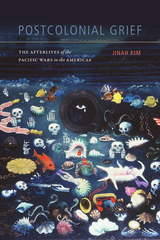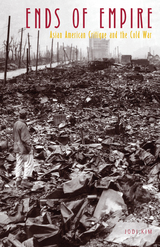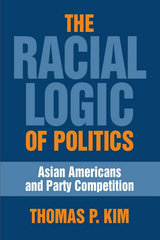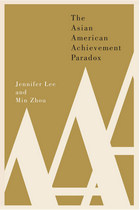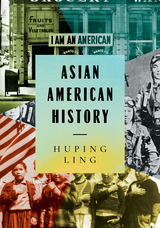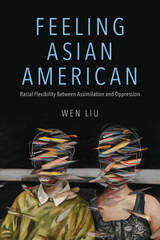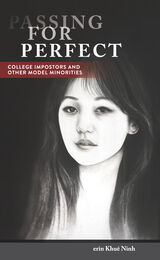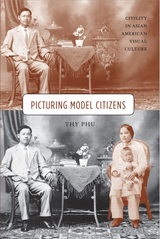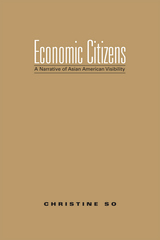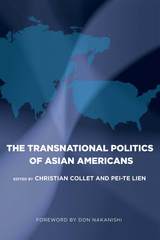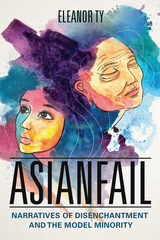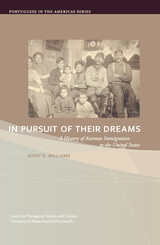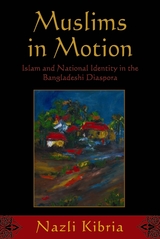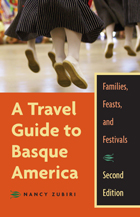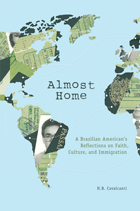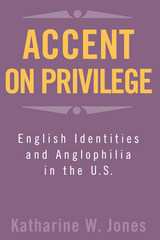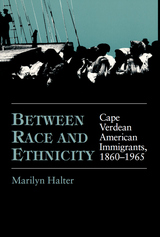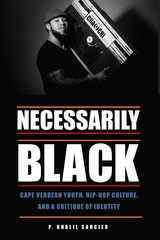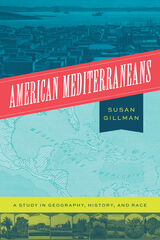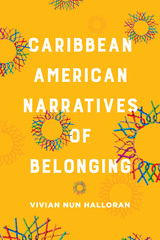Paper: 978-1-59213-861-6 | eISBN: 978-1-59213-862-3 | Cloth: 978-1-59213-860-9
Library of Congress Classification E184.A75T736 2009
Dewey Decimal Classification 320.5408995073
As America’s most ethnically diverse foreign-born population, Asian Americans can puzzle political observers. This volume’s multidisciplinary team of contributors employ a variety of methodologies—including quantitative, ethnographic, and historical—to illustrate how transnational ties between the U.S. and Asia have shaped, and are increasingly defining, Asian American politics in our multicultural society.
Original essays by U.S.- and Asian-based scholars discuss Cambodian, Chinese, Filipino, Indian, Japanese, Korean, and Vietnamese communities from Boston to Honolulu. The volume also shows how the grassroots activism of America’s “newest minority” both reflects and is instrumental in broader processes of political change throughout the Pacific. Addressing the call for more global approaches to racial and ethnic politics, contributors describe how Asian immigrants strategically navigate the hurdles to domestic incorporation and equality by turning their political sights and energies toward Asia. These essays convincingly demonstrate that Asian American political participation in the U.S. does not consist simply of domestic actions with domestic ends.
See other books on: Asian Americans | Lien, Pei-Te | Political Advocacy | Transnational Politics | Transnationalism
See other titles from Temple University Press

